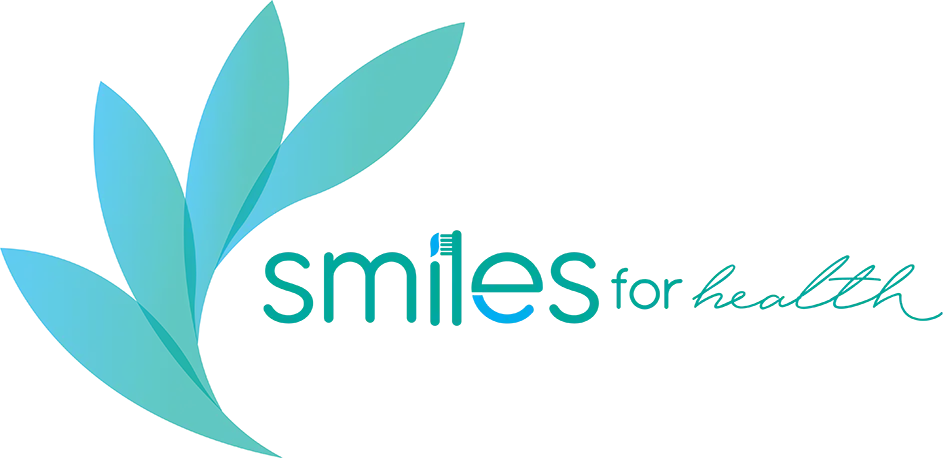

Teeth grinding (bruxism) often occurs during sleep. This is called sleep or nocturnal bruxism. You may also grind your teeth or clench your jaw subconsciously while you’re awake. This is known as awake bruxism.
If you grind your teeth, there are things you can do to stop it. Some remedies may work better than others, depending on the underlying cause of your teeth grinding and symptoms.
Your dentist or doctor can help guide you to your best solution for ending bruxism.
Read on to learn about possible remedies for teeth grinding.
Mouthguards are a kind of occlusal splint that may be helpful for sleep bruxism. They work by cushioning your teeth and stopping them from grinding against each other while you sleep. Mouthguards can be custom-made at the dentist’s office or purchased over the counter (OTC).
If you have chronic sleep bruxism, custom-made mouthguards may help protect your teeth from damage. They may also reduce the strain on your jaw. Custom-made mouthguards are more expensive than OTC options, but may be a better choice for some people. Custom-made mouthguards come in varying degrees of thickness. They’re fitted specifically to your jaw’s size and shape. They’re typically more comfortable than store-bought mouthguards as they’re made of softer material.
OTC nighttime mouthguards are typically made of plastic. For some people, these aren’t as comfortable as custom-made ones. When purchasing an OTC mouthguard, look for one that’s made of soft plastic or one that can be boiled to soften it. OTC mouthguards may not be as effective for severe bruxism as custom-made types, but their low cost may make them an attractive and viable solution for people with minor teeth grinding.
For some people, teeth grinding may be linked to mental health issues like stress, depression, and anxiety. More research is needed to link bruxism to these conditions, though. If you grind your teeth, stress-reduction techniques may help in some cases. Stress reduction can also benefit your overall health, so it’s a low-risk remedy.
Here are some stress-reduction techniques to try:
Meditation may help reduce stress and alleviate anxiety, pain, and depression.
A small study of 20 participants reported a significant reduction in mild to moderate depression following yoga practice. Participants did two 90-minute Hatha yoga sessions each week for eight weeks. More large-scale studies are needed to understand yoga’s effects on depression, though.
Talking to a therapist, counselor, or trusted friend may help reduce anxiety, depression, and stress. If your stress is affecting your daily life, a psychiatrist may also prescribe medications to help reduce stress and anxiety, if needed.
Exercise also reduces stress by producing feel-good endorphins. If you’re new to exercise, start slow. Try building daily activity into your life at first. You may also need to explore a variety of activities to find one that helps you relax.
Tongue and jaw muscle exercises can help you relax the jaw and facial muscles and maintain proper alignment of your jaw. You can try these at home or work with a physical therapist.
Try the following exercises:
You can also try gently massaging your jaw to loosen up the muscles.
Reductive coronoplasty is a dental procedure that may be used to reshape or level the biting surface of your teeth. It may be effective if your teeth grinding is caused by crowded, misaligned, or crooked teeth.
In some instances, a second procedure called additive coronoplasty may be used to build up the teeth. Your dentist can perform either procedure.
Biofeedback is a technique designed to help people become aware of and eliminate a behavior. It can be used to alleviate both sleep and awake bruxism.
During biofeedback, a biofeedback therapist will teach you how to control your jaw muscle movements through visual, vibratory, or auditory feedback generated from electromyography.
Research on the effectiveness of biofeedback for the treatment of bruxism is limited.
One review found evidence that there may be short-term benefits when done with contingent electrical stimulation. More research is needed to understand the long-term benefits and effectiveness with other biofeedback methods.
In a meta-analysis of four studies, researchers found evidence that injections of botulinum toxin (Botox) may reduce pain and the frequency of teeth grinding in otherwise healthy participants.
However, researchers who conducted a later study determined that more research is needed to confirm the safety and effectiveness of using Botox for the treatment of teeth grinding. Discuss the benefits and risks with your doctor before beginning Botox injections to treat bruxism.
For this procedure, a medical professional will inject small amounts of Botox directly into the masseter. This is a large muscle that moves the jaw. Botox won’t cure bruxism, but it can help relax this muscle. Doing so may alleviate teeth grinding and related headaches. The injections may need to be repeated. Benefits typically last for three to four months.
Don’t be afraid, give us a call today so we can not only help you with your oral care, but also help you with your dental care anxiety. Come in to Smiles for Health so we can assess your teeth and help you get ahead of your dental care. Also ask us about our teeth whitening services!
2656 Gateway Rd Suite 145,
Carlsbad, CA 92009
Mond - Wed, Fri 8:30am - 4:30pm
Thursday 8:30am - 6:00pm
Saturday By appointment only